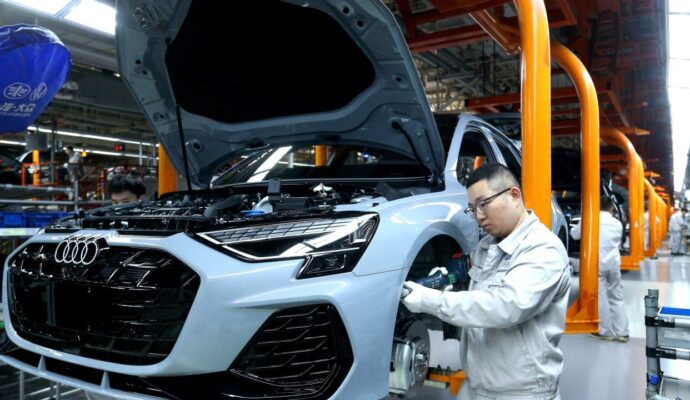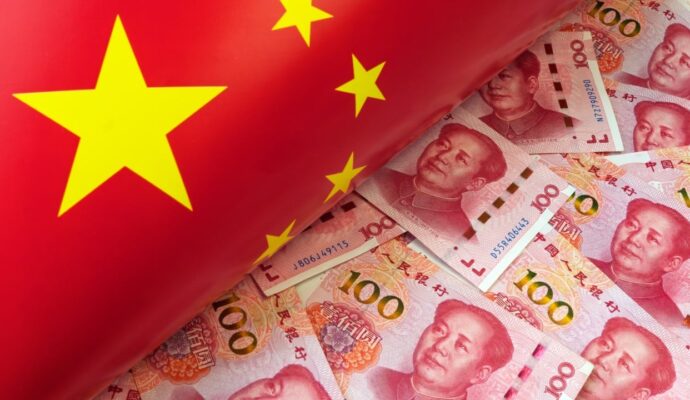As holder of the council’s rotating presidency, China also oversaw the adoption of a resolution calling for “humanitarian pauses” in the fighting.
But it could not bridge division among members over common language on a ceasefire and condemnation of Hamas.
The United States vetoed several council resolutions because Hamas was not censured and Israel’s right to self-defence not upheld.
China has long supported Palestinian sovereignty and says a “two-state” solution is the only way to end the conflict, which erupted on October 7.
It has not condemned Hamas, prompting criticism from the West.
Victor Gao, a Middle East affairs specialist and vice-president of the Beijing-based Centre for China and Globalisation, said Wang was expected to give a full explanation of China’s position on Wednesday, making the case that Beijing was siding with “justice”.
Gao said Beijing’s desire to play a positive role in ending the conflict was reflected in the “rare” decision to have the country’s top diplomat chair the council meeting.
“I think [Wang’s trip] will have a positive impact – whether it will potentially lead to a ceasefire or a truce extension … or to have a positive impact in reducing the killings,” he said.
Wang’s trip coincides with an agreement between Israel and Hamas to extend the four-day Qatar-brokered truce for two more days past its Tuesday deadline, enabling more hostage exchanges and humanitarian aid to reach the Gaza Strip.
James M. Dorsey, a senior fellow specialising in Middle East studies at the S. Rajaratnam School of International Studies of Singapore’s Nanyang Technological University, questioned Beijing’s capacity to bring about any peace progress, given it was “not the decisive player” on the ground.
Dorsey said that with persistent divisions within the council, the meeting on Wednesday would be a “motion without movement”, adding: “[China is] going through the motions because they want to be seen as trying. And they probably know that they’re not going to have a lot of impact.”
Yin Gang, a Middle Eastern affairs specialist at the Chinese Academy of Social Sciences’ Institute of West Asian and African Studies, agreed that neither China nor the UN had much influence on the ground.
Additional reporting by Hayley Wong


